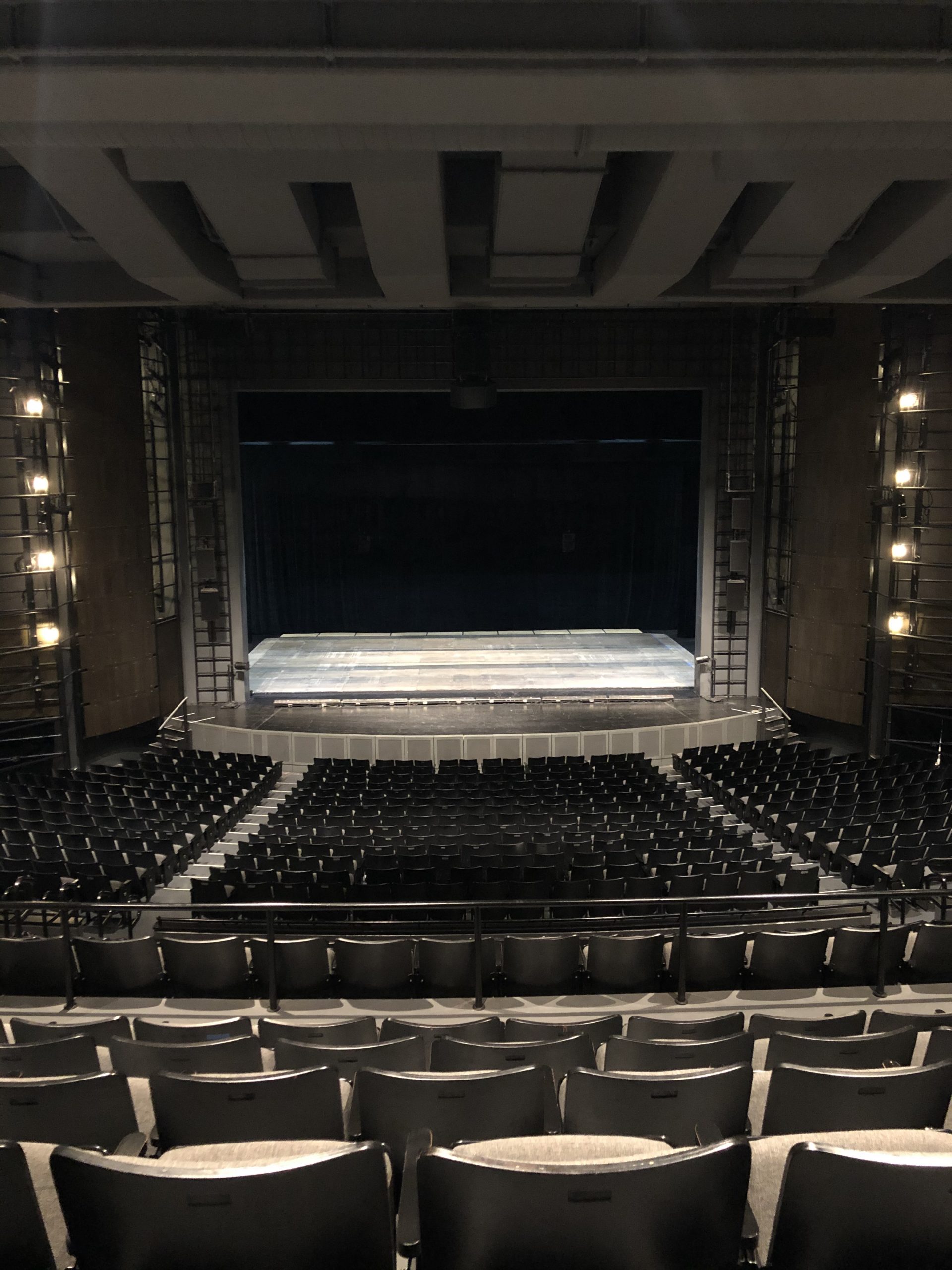NORMAL, Ill.—My feed is filled with virtual dance classes and obituaries. As COVID-19 continues to tear through this country and redefine ways of life, indefinitely, I find myself busier than ever.
It shouldn’t be this way. I spend the majority of my time watching and writing about dance. Now, there are no shows to write about. Instead, a part-time teaching job has turned into a full-time teaching job (for the same pay), as a cobbled together freelance life falls to pieces.
If that sounds like complaining, it’s just fear and anxiety. The same kind of fear and anxiety has thrust arts organizations into panic mode: Create something, anything, they think. Anything that will keep the arts alive, that will keep my organization alive, that will keep donors and foundations from forgetting us.
The quick reaction of artists has produced a genuinely beautiful expression of why the arts are important. Every day, I see a new tear-jerking compilation of videos from musicians at home, pasted together to play a symphony. I see increased democratization of dance in which anyone with internet access can take class with Tiler Peck, Tamara Rojo, or Debbie Allen. I see creativity, ingenuity, resilience, beauty and love. I see collaboration, solidarity and self-sacrifice.
But I also see a hectic, harried rush to create a new normal that looks as close as possible to the old normal. What are we trying to hold onto? What is the point of hustling even harder when the world is clearly telling us to slow the heck down? Why are we hyper-focused on pressing forward in a week’s time, reinventing aspects of life in touch-free, digital spaces that weren’t intended for those spaces in the first place?
What if we took the hint and just stopped for a second, took a collective breath and acknowledged the trauma that’s unfolding? Like, really acknowledged it. Instead, I’m spending an unreasonable amount of time quibbling about video conferencing platforms and how to prevent students from cheating on online exams.
Go ahead and cheat. If your schedule was cleared, leave it that way for a little bit. Be gentle and generous with yourself, if you can. Learn and adapt at your own pace. Take care of your loved ones. Grieve when you need to and rail against the pressure to achieve things right now.
I’ve dedicated my life and career to movement. That hasn’t been superfluous or unnecessary. Yet, I’m determined to stand still. Because right now, there are nobler pursuits than mine. We need to get through this, assess the damage, and rebuild.
As my colleague Chris Jones wrote, arts critics know that every review might be their last. We’ve reacted in different ways to the steady decline of arts journalism: Some cling to old models while others try to champion new platforms and methods of documenting, celebrating, scrutinizing and reacting to live performance.
I’ve always known the day would come that the rug could get pulled from beneath me. Even as my editors advocate for dance, decision makers above them might at any moment determine that the word count is still too high for something so narrow, so niche, so unpopular as dance. I have my swan song prepared.
This is different. With no shows to attend, no lobbies in which to linger, and no studios to visit, critics must grapple with our dependence on artists. We need you; you don’t need us.
Standing still feels prudent, for now. And when artists return to the theater, I’ll be in the seats.
—
Header image: Harris Theater for Music and Dance, the day before the theater went dark (photo by the author)
